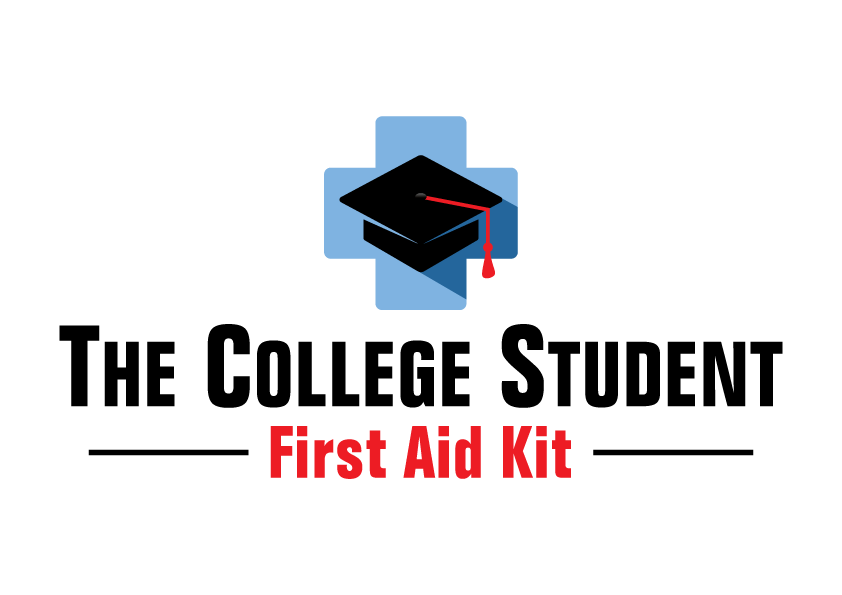What to give your college student this Christmas
 Christmas gifts for college students. Of course there are the requisite gift cards and cash, but what else should go on the list?
Christmas gifts for college students. Of course there are the requisite gift cards and cash, but what else should go on the list?
Whether it’s your first or you’ve been through it a few times, the holiday season arrival of your college kids can be a perplexing event. As rewarding as it is to see your babies growing up, it can also be… well… weird to adjust to them as almost-adults. It goes the other way as well. Your kids have had a semester or two or three as independent agents, making their own decisions and living with the consequences, and now they are back in a past environment where they had a lot less freedom.
Most students will tell you it’s a strange mixture of delightful, comforting familiarity and stifling, ill-fitting old expectations.
As you are pondering your list of gifts to buy for your returning college student, don’t forget that there are other, possibly more important gifts you can give them this year. At College First Aid Kit, we’re very interested in the physical health of our college-bound kids, but we also know that emotional health is just as important.
Want to have a relatively healthy vacation break with your college-aged kids this year? Here are 3 gifts that will keep on giving!
Gift #1 – Freedom From Stress!
 Sure, there’s academic stress, but it comes in other guises as well. Dating, friendships, temptations that might violate his or her conscience, and the buildup of the sheer number of decisions to make can add up to a tense kid. They might appear to be carefree and happy, but probe a bit and you might find a very worried person.
Sure, there’s academic stress, but it comes in other guises as well. Dating, friendships, temptations that might violate his or her conscience, and the buildup of the sheer number of decisions to make can add up to a tense kid. They might appear to be carefree and happy, but probe a bit and you might find a very worried person.
Come up with ways to identify and relieve stress. Making favorite foods, allowing them to sleep in for half of an unstructured day, a nice shoulder massage, positive family rituals, looking at videos or pictures of your family when everyone was much younger and reflecting on the good times you’ve had can all be great stress-erasers.
Find out if your child wants to have input on any decisions you make that include their participation. They may want someone else to decide so they can just show up without responsibility, like it used to be when they were little. Others will appreciate being asked and want to give their two cents.
Gift #2 – Clear Expectations
Every time your child makes the pilgrimage back home for winter break it will feel different. Each visit will be unique, impacted by changes in the entire family; a lot can change in a few months!
After he has had a chance to catch up on his sleep and she is up to date on what her friends are doing, have a brief conversation with them about expectations about their time at home. At first they may not know what their expectations are, but they do have them.
For example, you might want to maintain your daily routines as much as possible, which means you may not be there to make them breakfast every day. They may want to keep their late-night-late-morning schedule. Is that OK with everyone? Bottom line here: What’s courteous and respectful toward everyone in the family?
Are there any house rules that need to be kept regardless of personal preferences? Talk about what they are and why they need to be kept.
Also include younger children who may not relish the thought of big sister or brother barging back into the family. Keep an eye on the now-unsettled family dynamics and think between the lines of conversations you have with your kids.
Gift #3 – Give ‘Em Health!
 You KNOW they’ve been eating all manner of junk food, so don’t feel bad about skewing healthy with the meals they get at your house. Moms and dads are supposed to nag their kids about eating their vegetables, so continue the time-honored tradition without hesitation. Someday the same words will come out of their mouths as they try feeding your grandchildren.
You KNOW they’ve been eating all manner of junk food, so don’t feel bad about skewing healthy with the meals they get at your house. Moms and dads are supposed to nag their kids about eating their vegetables, so continue the time-honored tradition without hesitation. Someday the same words will come out of their mouths as they try feeding your grandchildren.
This is also the time to get your kids into the medical appointments they need, so start scheduling them now!
Emotional health has become a huge issue with college kids.
Depression seems to affect our students in larger numbers than ever, so it’s completely worth asking them questions about it. To help you, here’s a checklist of signs and symptoms that you can watch for or ask them about:
Do they feel sad for extended periods of time? Other forms “sadness” takes could be tearfulness, emptiness, apathy or hopelessness.
Is there more anger than they showed before? Do little things frustrate them more easily? How is their irritability level?
Have they lost interest in things that used to motivate them?
How’s their sleep? Normal falling asleep and wake up times?
Energy level? Depression can suppress overall energy and make it hard to do even the most basic things
Appetite- higher or lower? Losing or gaining weight? Typically depression reduces appetite, but in some cases it increases food intake
Anxiety or agitation more noticeable than before
Slower thinking speeds, resistance to making decisions
Feeling worthless, failing, blaming self
Thinking about death as not out of the question. They may not have a plan for suicide or be clinically suicidal, but the idea of dying seems reasonable to the depressed person
Physical pain, usually muscular or headaches
Your college student is rapidly becoming an adult while your influence recedes. It can be a bewildering time of upheaval and change, but you still have time to give Christmas gifts for college students that only families can give. Make the most of your holiday season with your home-from-college child and enjoy what they are becoming. You’re the unique link between their future adult life and their childhood.
Resources: Mayo Clinic – College Depression



You must be logged in to post a comment.